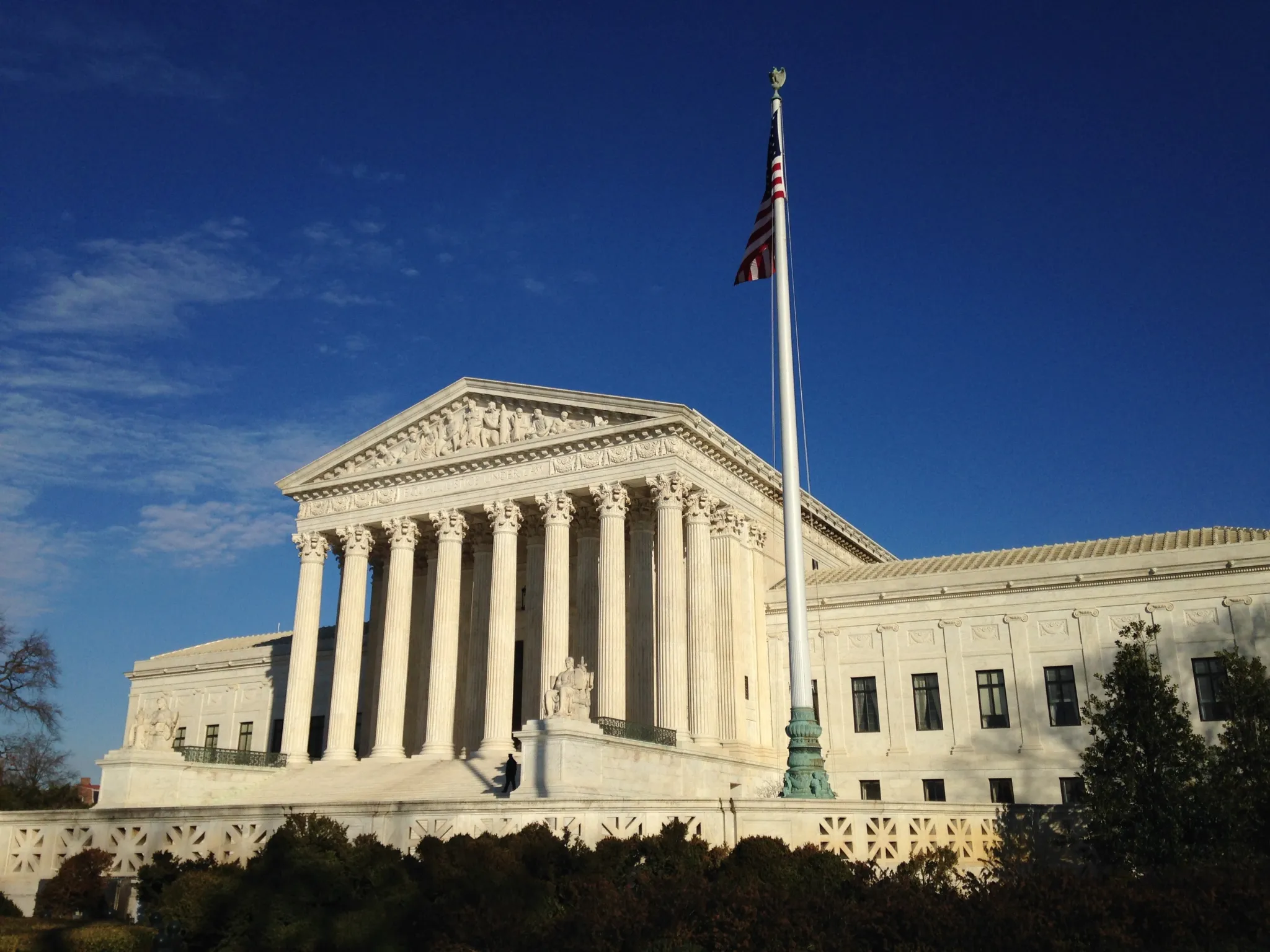On 24 March 2025 the Supreme Court declined Mr. Wynn’s Petition for a Writ of Certiorari in the case of Steve Wynn vs Associated Press and Regina Garcia Cano.
The Associated Press Article
In February 2018 the AP and its employee, Regina Garcia Cano published a story about an alleged rape in the 1970s referencing a “Police Report.”
– There was no “Police Report” only a written transcript of a Citizens Complaint.
– The Citizens Complaint detailed a purported rape in the 1970s.
– The police had chosen not to investigate the complaint.
– Neither the AP nor its reporter made any attempt to contact Mr. Wynn prior to publication and only communicated with Mr. Wynn after the story was published.
– The AP cherrypicked details from the Citizens Complaint so as not to undermine their story. Some of the excluded details from the Citizens Complaint include:
Mr. Wynn appeared, uninvited, in the victim’s Chicago residence multiple times, with no mention of forced entry.
The alleged victim gave birth to a “purple doll” which “came to life” as a result of the alleged rape.
The alleged rape took place in the 1970s but the alleged victim was 27 years old in 2018 when the Citizens Complaint was made.
Why did Mr. Wynn petition for the Writ of Certiorari?
Mr Wynn filed a defamation suit because the AP had published a story containing serious allegations about him which they did not check and were ultimately proven to be false. There were never any charges brought against Mr Wynn relating to the claims reported in the AP article.
The defamation case brought by Mr Wynn in April 2018 was rejected by the Nevada state court. Mr Wynn appealed against the dismissal of the case leading to the reinstatement of the lawsuit by the Nevada Supreme Court in November 2020. The Nevada Supreme Court eventually upheld the state court’s ruling and dismissed the lawsuit. This led Mr Wynn to appeal to the US Supreme Court.
Mr Wynn appealed to the Supreme Court because The AP and its reporter Regina Garcia Cano, now based in Venezuela, failed to uphold its responsibility to provide fact-based reporting to its many readers. Indeed, they knowingly published a false and defamatory story which brought Mr Wynn’s name into disrepute.
With 1st Amendment rights comes responsibilities. Outlets publishing false stories present a danger to the American people, undermine the position of the media and turns the 1st Amendment on its head. If the media can publish false stories about someone as prominent as Mr Wynn, and get away with it, then all Americans are vulnerable to the same.
Conclusion
Mr Wynn believes that all Americans deserve the right to seek redress in the courts of law. While this case is now finished there is obviously much work to be done to continue creating a more perfect union for our country. While the Associated Press and its reporter Regina Garcia Cano may claim victory, it is the American People who have lost with this decision and innocent citizens continue to be falsely accused of actions they have not taken.
